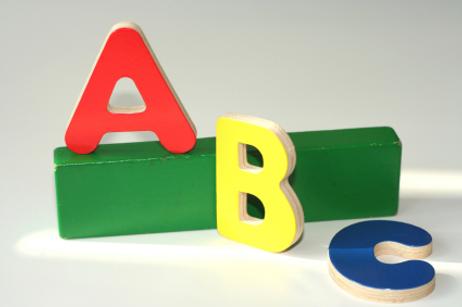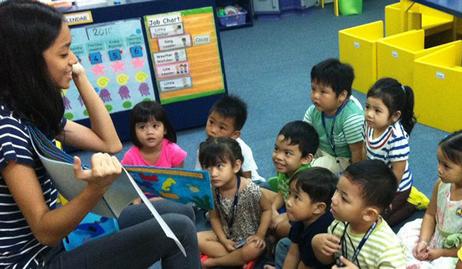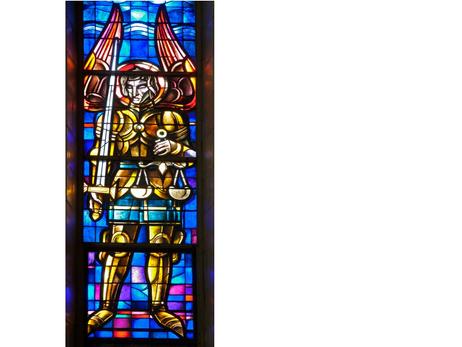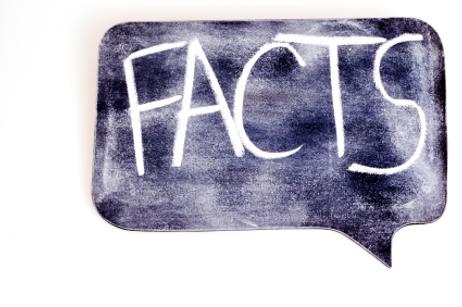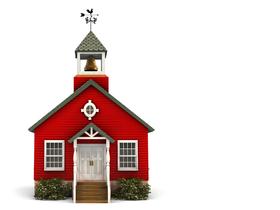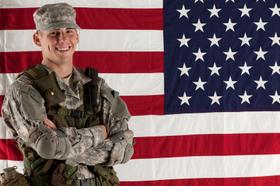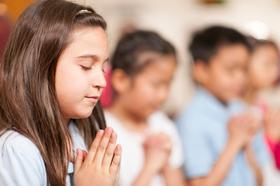What is a lab school? It is a K-12 school or school with some variation of those grades which typically is operated by a university or college. Sometimes it is called a demonstration school. A few lab schools are not affiliated with any institution of higher learning.
The school is a lab or laboratory school because teachers in training and the faculty of the college's education department usually have a hand in teaching and running the school. Like scientists experimenting in their labs, these educators use the lab school as their place to try out theories and methods. They also provide student teachers a controlled situation where they can learn the art of teaching.
Most lab schools are progressive schools as well. What are the differences between traditional and progressive schools? This chart from the Wingras School in Madison, Wisconsin illustrates the main differences. Lab schools adopt the progressive philosophy as part of their child-centric approach to education. The flexibility inherent in the progressive approach works well with student teachers who are just coming to grips with how children learn.
The list of schools which follows includes only private lab schools. Many state and public universities operate their lab schools in conjunction with the local school district. As such they do not charge tuition or charge very little tuition. The private lab schools do charge tuition.
A.E. Phillips Laboratory School, Ruston, LA
Grades: K-8
Program: "The school's purpose is to educate students in a wholesome, challenging

